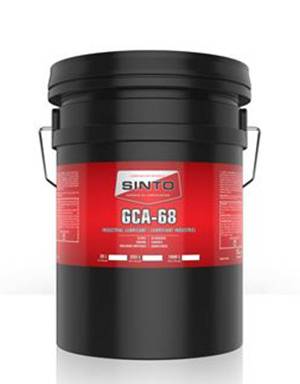ਦਸੰ. . 24, 2024 09:42 Back to list
Understanding Different Types of Water Valves for Efficient Flow Management
Understanding Water Valve Types A Comprehensive Guide
Water valves are essential components in plumbing and fluid control systems. They regulate the flow, pressure, and direction of liquids, ensuring systems operate efficiently and safely. With various types of water valves available, understanding their functions, applications, and characteristics is crucial for effective selection and maintenance. In this article, we delve into the different types of water valves and their specific uses.
1. Gate Valves
Gate valves are primarily used for on/off control of water flow. They operate by raising and lowering a gate or wedge within the valve body. When fully open, these valves provide minimal resistance to flow, making them suitable for applications where full flow is needed. However, gate valves are not ideal for throttling, as partially opening them can cause erosion and damage to the gate. Common applications include water supply systems, irrigation, and fire protection systems.
2. Globe Valves
Globe valves are designed for throttling and flow regulation. Their spherical body shape and internal baffle allow for better control of flow when the valve is partially open. Globe valves are known for their reliability and durability in terms of performance. They are often used in applications like water treatment plants, heating systems, and chemical processing where flow control is essential.
3. Ball Valves
Ball valves are favored for their quick and reliable operation. They utilize a spherical disc (the ball) that rotates within the valve body to either allow or block flow. The design of the ball valve provides a tight seal, minimizing the risk of leakage when closed. They are commonly used in residential plumbing, irrigation systems, and industrial applications due to their durability and ease of use.
4. Butterfly Valves
water valve types

Butterfly valves are lightweight and compact, making them ideal for large pipes and systems requiring a significant flow control. They consist of a disc that pivots on a shaft, allowing for quick opening and closing. The unique design enables better flow control while minimizing pressure loss. Butterfly valves are commonly found in water distribution systems, wastewater treatment facilities, and HVAC applications.
5. Check Valves
Check valves are essential for preventing backflow in piping systems. They allow fluid to flow in only one direction, closing automatically when the flow reverses. This function is critical in preventing contamination and pump damage in various applications. Check valves are widely used in irrigation systems, waste management, and water supply networks.
6. Pressure Relief Valves
Pressure relief valves are crucial for protecting systems from pressure surges. They automatically release excess pressure when it exceeds a predetermined level, preventing potential damage to pipes and equipment. These valves are extensively used in boiler systems, industrial process control, and water heating applications, ensuring safety and stability within the system.
7. Solenoid Valves
Solenoid valves are electrically operated valves used in automated systems. They utilize an electromagnetic solenoid to open or close the valve, allowing for precise control over fluid flow. These valves are commonly employed in irrigation systems, beverage dispensing machines, and industrial automation processes. Their ability to operate remotely makes them highly efficient for modern applications.
Conclusion
Choosing the right type of water valve is essential for optimizing the performance and reliability of plumbing and liquid control systems. Each valve type offers unique advantages and specific applications, making it crucial to understand their functions and characteristics. Proper selection and maintenance of valves not only enhance system efficiency but also play a significant role in preventing leaks and ensuring the safety of the entire system. Whether for residential, commercial, or industrial use, an informed choice in water valves contributes to sustainable and effective water management practices. By familiarizing yourself with these various types of valves, you can make better decisions that align with your needs and operational requirements.
-
thread-plug-gauge-our-promise-of-measurement-excellenceNewsAug.22,2025
-
gauge-pin-class-reflecting-quality-legacyNewsAug.22,2025
-
check-valve-types-for-high-rise-buildingsNewsAug.22,2025
-
water-control-valve-for-irrigation-systemsNewsAug.22,2025
-
gate-valve-with-soft-seal-technologyNewsAug.22,2025
-
y-type-strainer-for-oil-and-gas-applicationsNewsAug.22,2025
Related PRODUCTS









